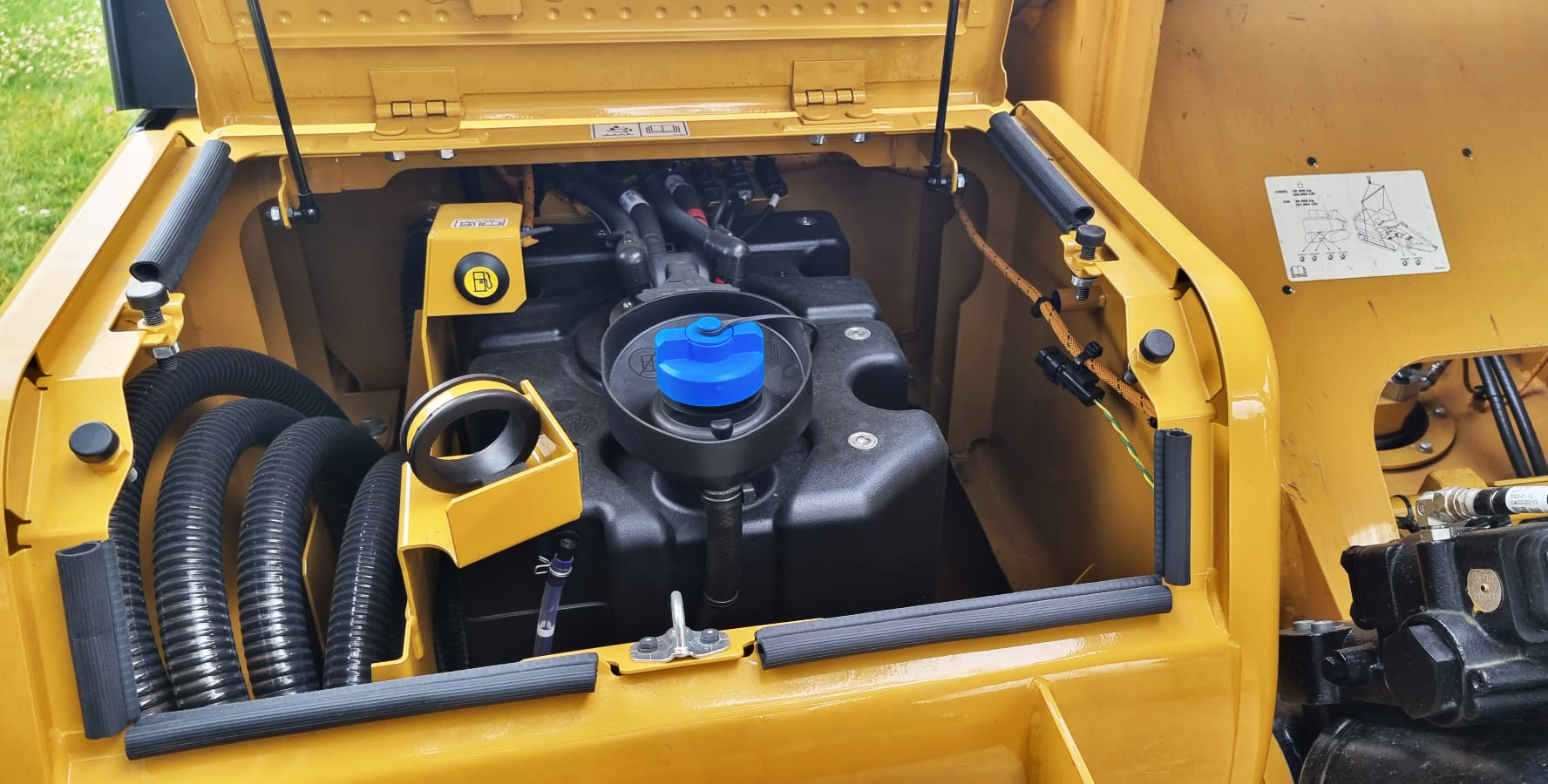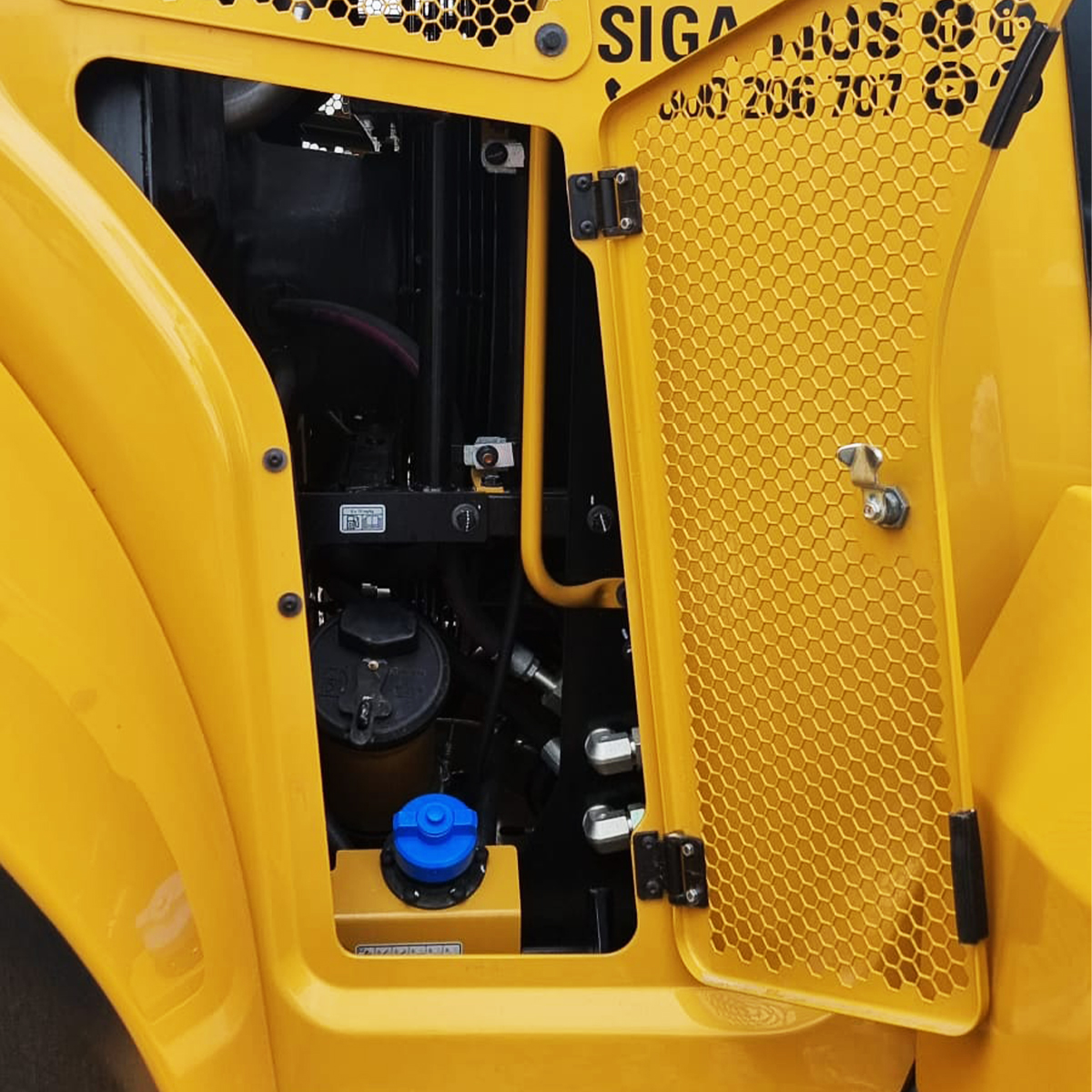
Adblue or DEF (Diesel Exhaust Fluid) has quickly become a necessity in almost all equipment. Formulated to reduce vehicle emissions, the fluid works by treating exhaust gases after they have left the engine. These emissions are harmful to human health and also to the environment.
With the importance of Adblue ever increasing, understand what it is and follow these tips on proper use to get the most out of your equipment in a safe way.

Adblue is injected into exhaust systems where it vaporizes and decomposes to form ammonia and carbon dioxide. The ammonia and exhaust gases pass through the catalyst and convert the mixture into nitrogen and water vapor.
The biggest concern with using Adblue is its contamination. Impurities in the Adblue solution can cause premature catalyst failure in the SCR (Selective Catalytic Reduction) system, often negating its benefits, increasing the amount of Adblue used, and sometimes requiring replacement of the SCR system, which can be costly.
The origins of these impurities typically stem from poor storage, supply and/or operating practices.
Some care must be taken to reduce the likelihood of introducing impurities, as just one tenth of a teaspoon of some minerals commonly found in dust, dirt, tap water, and among others are enough to contaminate an entire bulk Adblue storage tank.
Adblue is a chemical, not a fuel, and needs to be handled differently. It should be stored in an appropriate container, stored in stainless steel, coated carbon steel, or specific high density plastic containers kept in a temperature controlled location between -5°C and 25°C and out of direct sunlight. It should not have been in storage for more than 6 months and under ideal storage conditions has a shelf life of 18 months.
Each component of the distribution system, including tank, piping, pump, filter and filling stations, must be used exclusively for Adblue to avoid cross contamination. Contact with Adblue will run some metals, such as copper and brass.
Avoid changing Adblue containers, as using funnels or bottles that have been used for other fluids or previously used Adblue containers will not maintain the required purity, so it is imperative to clean them thoroughly and correctly with distilled water or Adblue rinsed water before filling. We also recommend that you take the time to clean any dust or dirt around the nozzle of the Adblue filling site.

If you want to know more talk to us!
![]()










